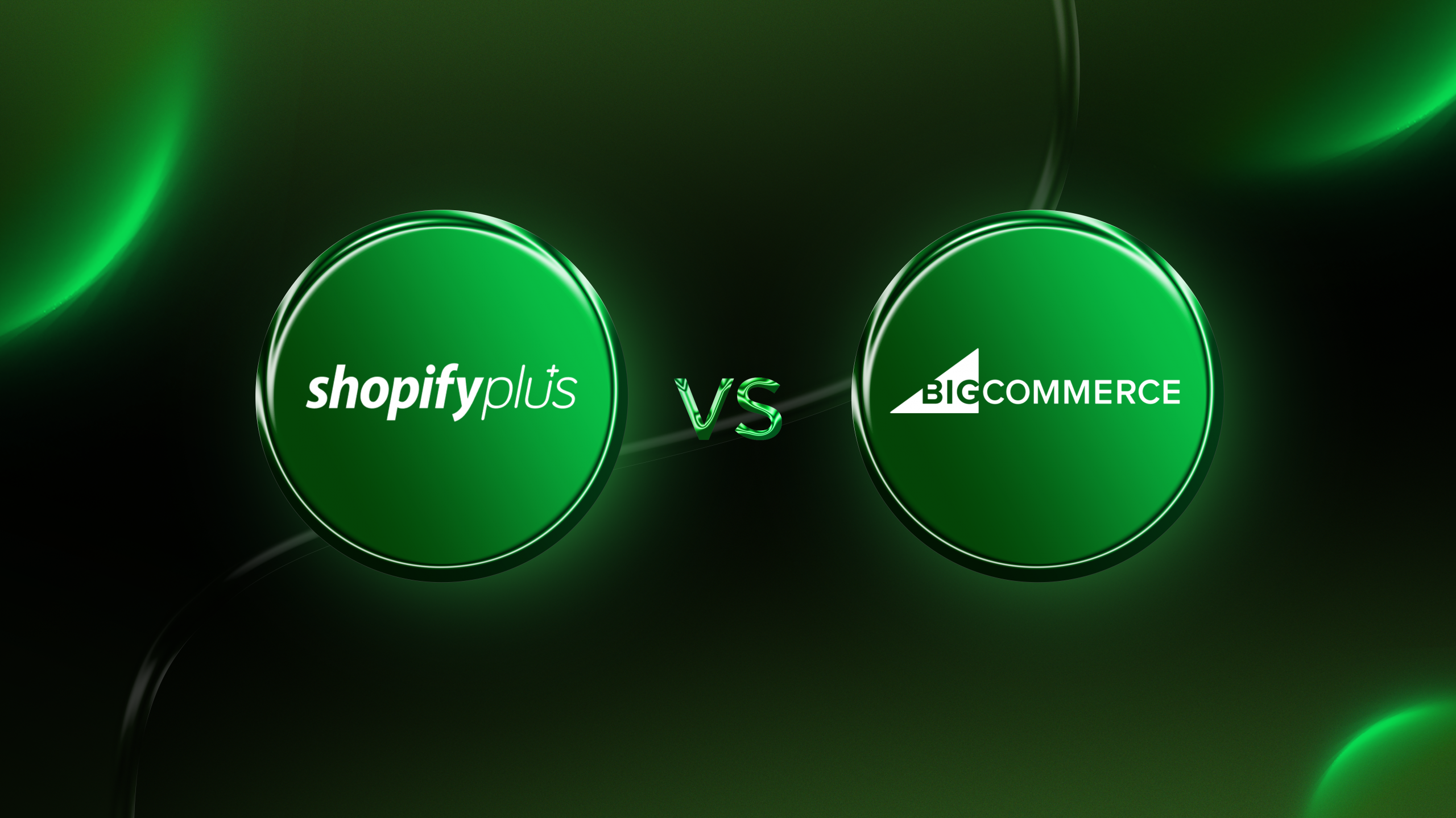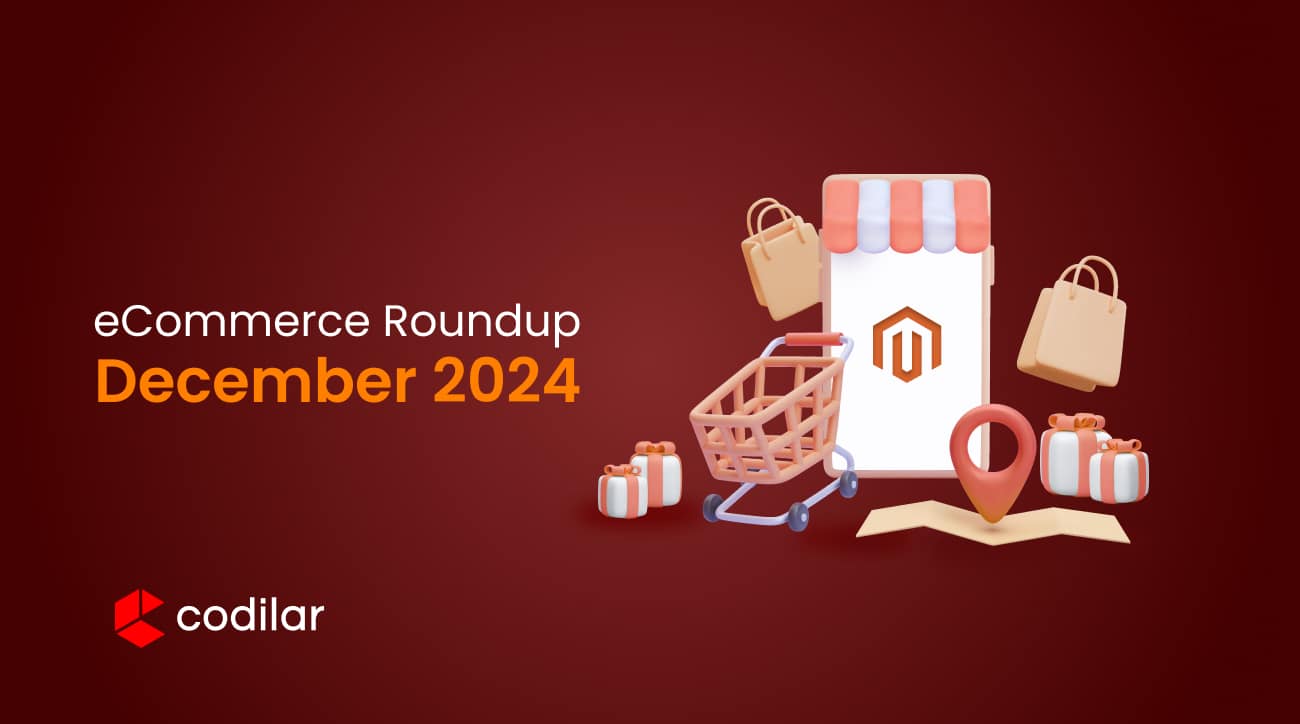Marketing is everywhere! From billboards that flash on our commute to the targeted ads that infiltrate our social media feed – marketing surrounds us, subtly shaping our purchase decisions everyday. But beyond the surface-level noise, marketing is a powerful tool that businesses today use to connect with their audience and forge lasting relationships.
At its core effective marketing is about understanding your audience and delivering the right message at the right time. The most predominant strategy in use today are the omnichannel marketing strategies.
What Is Omnichannel Marketing?
Omnichannel marketing strategy is about creating a seamless and cohesive customer experience for your audience across all touchpoints. Whether your customer is browsing online, shopping in-store or using your mobile app, they should be presented with a consistent brand identity and message throughout their shopping journey.
This approach isn’t just about convenience; it empowers customers to interact with your brand on their terms, anywhere, anytime. Additionally, effective omnichannel marketing strategies allow you to personalize the shopping journey with targeted recommendations and promotions which convert and boost revenue.
In short, omnichannel marketing is a holistic marketing strategy where all marketing channels are seamlessly integrated to provide a unique yet coordinated customer experience across all platforms.
While the debate between choosing omnichannel vs. multichannel strategies is ongoing and phygital retail approach is gaining attention, omnichannel marketing has undeniably emerged as the popular method.
Today, omnichannel marketing is the driving force behind the eCommerce revolution and for good reason! To take advantage of this, several eCommerce retailers are switching to omnichannel retail strategies for their websites.
The Significance Of Omnichannel Marketing For Ecommerce
In the present day scenario, omnichannel marketing plays a very important role in the eCommerce industry.
With the omnichannel, businesses can-
- Create seamless customer journeys
- Enhance engagement
- Boost conversions
- Personalize experiences
- Foster stronger customer relations
- Improve brand loyalty
With omnichannel marketing strategies, your customers can smoothly transition from between devices and channels, and still be connected with your brand. Your customer could be browsing your products on their phone on the go and decide to make the purchase on their laptop at home!
By delivering consistent experiences to your customers across all touchpoints such as social media, emails, apps, and in-store shopping, omnichannel strategies constantly keep your brand at the forefront, and foster deeper engagement and loyalty – making customers more likely to choose you over your competitors.
Moreover, with eCommerce omnichannel strategies you can gather data from various touchpoints that allow for improved personalization with targeted product recommendations, abandoned cart reminders, and unique loyalty programs.
Besides, omnichannel marketing empowers your brand to reach the right audience, at the right time. This approach allows you to maximize the impact of your social media spending and see a significant return on investment (ROI).
Top 10 Omnichannel Strategies For Ecommerce
In today’s shopping arena, omnichannel marketing strategies bridge the gap between customers and your brand, crafting seamless online and offline experiences.
Here are the top 10 omnichannel strategies to get you started:
1. Forge A Unified Brand Identity
While implementing eCommerce omnichannel strategy, ensure uniformity in your brand’s voice, messaging, and visual identity across your website, social media, physical stores, packaging and all forms of customer interactions! Think of it as your brand’s signature style!
This consistency builds a recognizable and trustworthy brand, making customers feel more comfortable and secure while interacting with your business, irrespective of the platform.
Go Mobile First. Optimize Your Website For Mobile Screens
One of the most important omnichannel marketing strategies is to ensure that your website is mobile-friendly with a responsive design that adjusts to different screen sizes and resolutions. In addition to this, streamline your navigation and checkout process. A simple and hassle-free shopping experience can significantly reduce cart abandonment rates and increase conversions!
3. Take Time To Personalize
Omnichannel marketing strategies thrive on data. By gathering information across various channels, you gain a rich understanding of your customer. This includes demographics, browsing habits, preferences and even pain-points!
Armed with this information, you can personalize customer experiences. You could provide product recommendations based on their preferences or recover lost sales with abandoned cart reminders, create loyalty programs all while fostering deeper customer interactions.
4. Align Your Marketing Channels
While working with omnichannel marketing, all your channels and platforms need to be aligned. Being consistent is key. Imagine a customer receiving a discount code via email only to find a different offer on the website! Therefore it is important to unify your marketing messages and visuals across email, social media, SMS and in-store promotions.
In addition, you can create and manage cohesive marketing campaigns with automation tools which help personalize and schedule messages and promotions across all channels.
5. Invest In Social Media Marketing
Social media platforms are a goldmine for omnichannel marketing. It is the best place to connect with your audience in real-time, respond to their queries and also build a vibrant community around your brand.
Also, ensure that your social media platforms regularly share blog posts, videos and customer testimonials to keep your audience engaged and reinforce your brand image as well.
You can take advantage of free resources to create various content for social media marketing, such as images and videos. Fortunately, you will find a lot of video editors that can be used by both novices and experts in editing. These tools come in handy because they have easy-to-use features like a video trimmer, subtitle generator, screen recorder, noise remover, file converter, sound visualizer, voice dubber, and AI avatar generator.
6. Make Use Of Email Marketing
While some dismiss email marketing as old news, savvy marketers know it remains a powerful tool in the list of omnichannel strategies. You could use email marketing to nurture leads while sharing informative blog posts, industry insights, tutorials and even client testimonials. This keeps your customer engaged with your brand consistently.
Email marketing can further be used to deliver personalized messages, share product recommendations, exclusive offers and loyalty programs based on customer segmentation lists.
7. Offer Payment Flexibility
In a buyer’s journey, a smooth checkout process is crucial. Offer a variety of payment options to cater to different customer preferences. Provide options like credit cards, debit cards, and integrated wallets such as ApplePay and Google Pay etc. to create a frictionless payment gateway. You could also consider including the buy-now pay later method too.
Remember, security is non-negotiable. Ensure all payment methods are safe and customer details are safeguarded irrespective of sales channel or device.
8. Implement Customer Loyalty Program
Design loyalty programs that go beyond basic loyalty points. Instead offer mixed rewards like discounts, exclusive deals, early access to new products etc. Loyalty programs also incentivize repeat purchases, increasing the overall value your customer brings to your business.
Your best customers deserve appreciation! You can utilize loyalty programs to foster stronger bonds. Personalized messages, birthday rewards and exclusive offers demonstrate you value their loyalty.
9. Ensure Exceptional Customer Service
A seamless customer experience goes beyond marketing messages. Ensure your customers feel valued and supported by offering multiple avenues of customer support such as live chat, email, phone, and social media platforms. Make it easy for customers to reach you on their preferred channel.
Another important aspect to this omnichannel strategy is being prompt! Integrate your customer service efforts with your marketing strategy. Empower your marketing team to respond to any customer queries as fast as possible. This creates a cohesive experience and turns a frustrated customer to a loyal brand advocate.
10. Use Your Data: Track And Analyze Your Results
Omnichannel marketing is a powerful tool, but it’s only effective when optimized and its impact is measured. Utilize analytics tools to track key metrics across all channels. Make use of CRMs’ or Customer Relationship Management systems to compile customer data from all touchpoints, enabling you to access all customer related data on a single platform.
Monitor website traffic, user behaviour, and conversion rates. Measure how customers interact with your brand across various platforms. This could include social media engagement, email open rates or click-through rates on promotions. See what channels are performing well and which ones need a boost.
The Benefits Of Adopting An Omnichannel Approach For Your Business

- Streamlined Customer Interaction
With an Omnichannel approach, customers enjoy a consistent experience across all platforms – whether they’re shopping online, visiting your store or interacting through social media. This makes it easier for them to engage with your brand, and enhances their overall experience. As a result, the seamless journey fosters deeper engagement, turning your customers into loyal brand endorsers. - Better Customer Insights
Omnichannel marketing provides a comprehensive view of customer behaviour. Consolidating data from all channels provides a complete view of customer interactions and preferences. Backed by these analytical data, businesses can make informed decisions, optimize marketing strategies, and improve overall performances. - Improved Customer Loyalty and Retention
With well designed omnichannel strategies, businesses can leverage data from all touchpoints enabling them to personalize communications and recommendations. This personalized approach not only strengthens customer relations but also significantly improves brand loyalty. - Increased Sales and Revenue
Omnichannel marketing strategies ensure a smooth shopping experience across all channels. This translates to multiple payment options and a frictionless checkout process which are convenient, boosting conversions. With customer insights, businesses can build a loyal customer base that translates to long-term business growth and success. - Attain Industry Leadership
Omnichannel marketing provides businesses with flexibility to respond to changing customer behaviour and market trends. This allows companies to anticipate customer needs and deliver smooth, integrated experiences ahead of competitors, reinforcing their position as an industry leader.
In today’s competitive eCommerce marketplace, these strategies not only enhance customer satisfaction but also drive sales and fosters brand loyalty. By connecting with your audience on a personal level you position your business for long term success!










